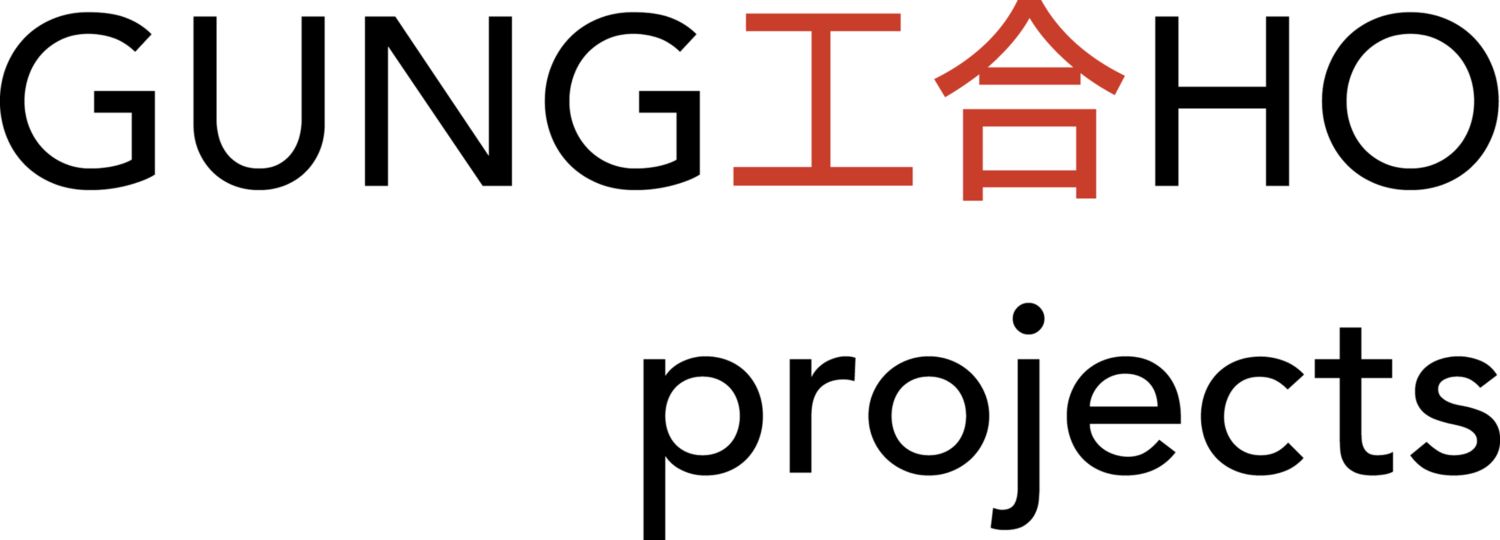Learning Chinese Language Culture through theater. Chinese Opera encompasses a vast tradition of hundreds of types of performance from all over China that incorporate acrobatics, martial arts, singing and storytelling. For many unfamiliar to the art form, Chinese Opera can seem inaccessible or even strange.
Our workshops provide students with a critical framework to be able to use Beijing Opera, Kunqu, Yue Opera, and other types of traditional Chinese performance as a window for exploring Chinese culture, history, and language. By engaging with a new cultural context from a critical and embodied perspective, students come to a deeper appreciation of the expressive power of both language and performance.
In-School Workshop Offerings
Below are brief descriptions of our various workshops, which vary depending on the background and interest of student groups. Please note that the content, language, and duration of most of our projects is flexible and can be adapted to fit the needs of your program.
The Language of Jingju 京剧的语言 (2 Session Workshop)
Intended for Mandarin language classess, this interactive workshop introduces students to a set of English and Chinese vocabulary related to Beijing Opera and theatrical performance in general. Through a combination of discussion, presentation, and interactive “basic training” or 基本功 physical exercises, students are able to discuss the basic principles of Beijing Opera aesthetics and performance in both Chinese and English. (Offered in Mandarin or English)
Idiom Tales 成语剧场 (2-12 Session workshop)
Drawing inspiration from Augusto Boal's Image Theater, this workshop engages students in a participatory theater project that offers them an opportunity to examine traditional Chinese morality and folklore. Students create short plays which illustrate the story behind an assigned chengyu, or four-character idiomatic phrase. Developing skills in vocal and physical expression as well as collaboration, participants use performance to consider how lessons stemming from classical Chinese may speak to their own lives. (Offered in English or Mandarin).
Form into Freedom 从程式到自由 (3-12 Session Workshop)
This physical workshop has a particular focus on the role of the performer in balancing individual creativity and virtuosity in a codified, rigid performance practice such as Beijing Opera. Students first participate in basic training exercises before learning a set sequence from a given role type and then applying it in their own devised performance adaptation. Through this process, they come to understand how detailed components of training relate to character and narrative and can be applied in a broad range of performance styles and traditions. (Only taught in conjunction with a Beijing Opera Master Artist).
Instructors
Workshops are designed and led by Obie Award winning director and teaching artist Michael Leibenluft, often in conjunction with New York-based masters in the form.
Sessions are split between jibengong (basic training drills), rehearsal of performance repertoire, and presentation and discussion based on videos and texts drawn from master works.
By examining the art form holistically, students simultaneously learn to perform and embody the art form as well as to critically observe it. The workshop can culminate in a public performance of a Chinese opera work, providing participants with an opportunity to apply their skills and share their hard work with an audience.


